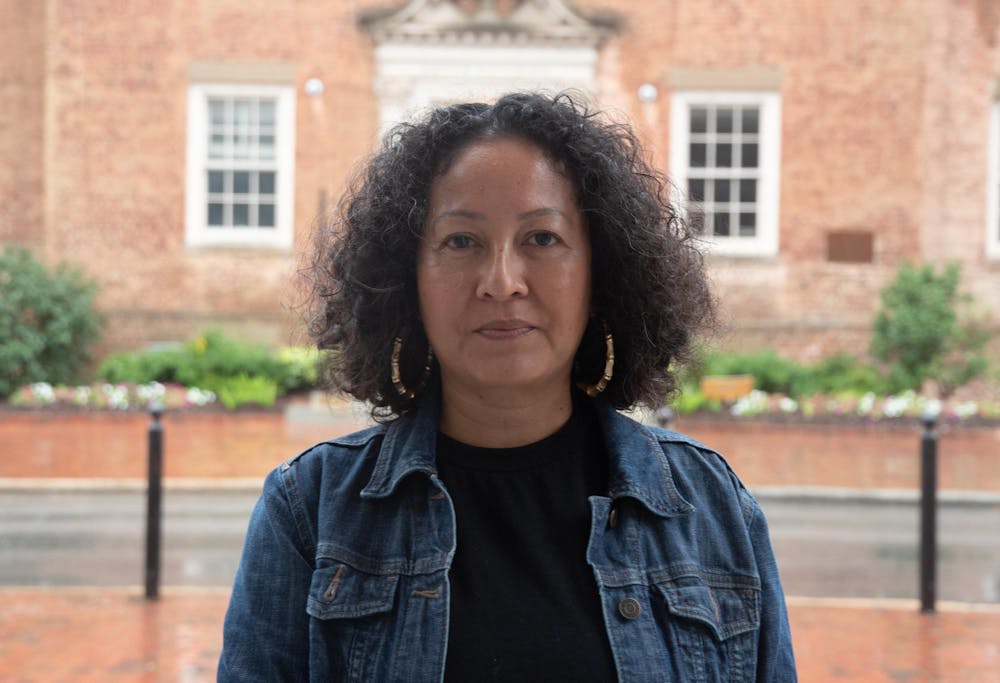Recent Diversity, Equity and Inclusion funding cuts at UNC have affected the lives of students and faculty since the repeal of UNC System DEI policies this May.
However, Assistant Professor in Performance Studies Lisa Calvente said the dismantling of DEI is not going to stop the work she does.
It is Calvente’s fourth year at the University, and her work centers on racism in colonialism, the black diaspora, and critical race theory in areas of performance and cultural studies. Calvente teaches a cultural diversity class that grapples with relations of power and communication on multiple levels, including gender, sexuality, class and race.
Josh Richardson, who studies communications, took a class with Calvente. He said that the intentional exposure to DEI concepts has shown him the importance of other perspectives and histories he had not been educated on previously.
“Some of the material was not emotionally easy to learn, but it was important to understand so that I was aware of the history of things, such as systemic racism, so that it was not reproduced,” Richardson said.
Not only are Calvente’s courses centered around diversity, but she is also involved in the Student Learning to Advance Truth and Equity program under the Sonja Haynes Stone Center for Research in Black Culture and History. This program aims to help undergraduate students think about racial inequities and their implications across disciplines.
Calvente has worked with SLATE since her first semester at UNC, both teaching and researching.
With her involvement in programs like SLATE and course curriculum, Calvente is very connected to the consequences of DEI defunding and will continue to focus on promoting diversity on campus despite these consequences.
“What I’m doing is really centering on the complexities of history, and those power relations that come from those complexities of history, and that includes inequity,” Calvente said.




